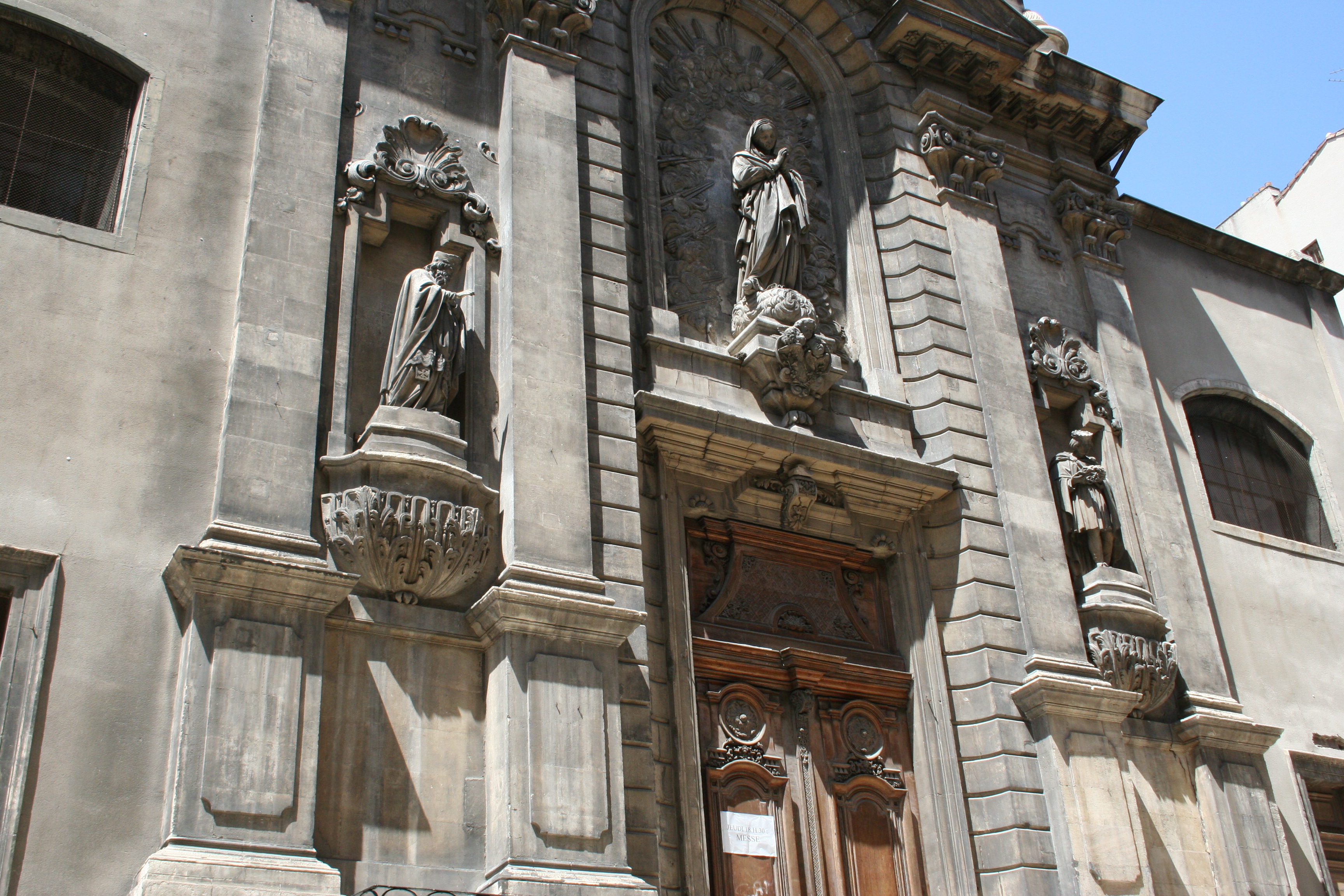Theodore, Bishop Of Marseille on:
[Wikipedia]
[Google]
[Amazon]
Theodore ( la, Theodorus) was the bishop of Marseille from at least 566 until 591/594. In the 580s, Theodore was at the centre of a dispute over the city of  In 581, while he was on his way to Childebert's court, Theodore was arrested by Dynamius, then
In 581, while he was on his way to Childebert's court, Theodore was arrested by Dynamius, then
Marseille
Marseille ( , , ; also spelled in English as Marseilles; oc, Marselha ) is the prefecture of the French department of Bouches-du-Rhône and capital of the Provence-Alpes-Côte d'Azur region. Situated in the camargue region of southern Fra ...
between King Guntram
Saint Gontrand (c. 532 in Soissons – 28 March 592 in Chalon-sur-Saône), also called Gontran, Gontram, Guntram, Gunthram, Gunthchramn, and Guntramnus, was the king of the Kingdom of Orléans from AD 561 to AD 592. He was the third eldest and ...
and his nephew, King Childebert II
Childebert II (c.570–596) was the Merovingian king of Austrasia (which included Provence at the time) from 575 until his death in March 596, as the only son of Sigebert I and Brunhilda of Austrasia; and the king of Burgundy from 592 to his ...
. He was arrested several times. His troubles are recorded by the contemporary historian Gregory of Tours, who depicts him as a saintly albeit powerless figure who was supported by the laity, but opposed by his own clergy.
Venantius Fortunatus, in a poem of 566, asks Dynamius of Marseille to greet his bishop, Theodore, and his metropolitan, of Arles
Arles (, , ; oc, label= Provençal, Arle ; Classical la, Arelate) is a coastal city and commune in the South of France, a subprefecture in the Bouches-du-Rhône department of the Provence-Alpes-Côte d'Azur region, in the former province of ...
. The city of Marseille
Marseille ( , , ; also spelled in English as Marseilles; oc, Marselha ) is the prefecture of the French department of Bouches-du-Rhône and capital of the Provence-Alpes-Côte d'Azur region. Situated in the camargue region of southern Fra ...
was at the time the most important Mediterranean port in Merovingian Francia.
governor of Provence
The land of Provence has a history quite separate from that of any of the larger nations of Europe. Its independent existence has its origins in the frontier nature of the dukedom in Merovingian Gaul. In this position, influenced and affected by ...
. The former governor, Jovinus :''Jovinus is a Roman cognomen, most often used for a 5th-century Roman usurper emperor. This article is about the Roman usurper. For the saint, see Saint Jovinus. For the Frankish duke, see Jovinus of Provence.'' For the 4th century Roman general ...
, was arrested at the same time. The clergy of Marseille, immediately acted as if he was dead. The charges against him, which are unknown, were eventually dropped and he was escorted back to the city by Duke Gundulf Gundulf and its variants (Gondulf, Gundulph, Kundolf, Gondulphus, Gundulfus, Gundolfo, Gondon) is a Germanic given name, from ''gund'', "battle", and ''wulf'', "wolf".
It may refer to:
*Gondulf of Provence, 6th-century duke and possibly made Bishop ...
, one of Childebert's men. Dynamius then accused of him of plotting against Guntram and again had him arrested. He was sent to Guntram, but the charges were dropped a second time and he was released.
In 582, the Merovingian claimant Gundovald
Gundoald or Gundovald was a Merovingian usurper king in the area of southern Gaul in either 584 or 585. He claimed to be an illegitimate son of Chlothar I and, with the financial support of the Emperor Maurice, took some major cities in souther ...
landed in Marseille to make a bid for a throne with Byzantine
The Byzantine Empire, also referred to as the Eastern Roman Empire or Byzantium, was the continuation of the Roman Empire primarily in its eastern provinces during Late Antiquity and the Middle Ages, when its capital city was Constantinopl ...
backing. He was formally greeted by Theodore, who was consequently arrested by Guntram Boso on charges of treason. He claimed to have been acting on the orders of Childebert. Acquitted before Guntram, he nonetheless remained in prison for some time.
Theodore was back in Marseille by 585, when Guntram accused him of responsibility for the assassination of King Chilperic I the previous year. Childebert had his duke, Rathar, arrest Theodore and send him to Guntram, who intended to have him exiled. Guntram and Childebert jointly convoked a synod at Troyes, but the bishops of the latter's kingdom refused to attend because of the planned prosecution of Theodore, which Childebert was also said to have opposed. Later in 585, Theodore attended the convoked by Guntram to discuss his case.; . When Guntram fell ill, Theodore was released.
In June 591, Theodore and Bishop Virgilius of Arles received a letter from Pope Gregory I informing them that "very many ... of the Jewish religion ... from time to time traveling for various matters of business to the regions of Marseilles, have apprized us that many of the Jews settled in those parts have been brought to the font of baptism more by force than by preaching." The pope ordered Theodore and Virgilius to put a stop to the forced baptism of Jews.
The diocese of Marseille remembers Theodore as a saint, keeping his feast on 3 February. His listed under 2 January in the revised ''Roman Martyrology'' of 2004, but is not listed in the ''General Roman Calendar''.
References
Sources
* * * * * * {{refend 6th-century bishops in Gaul Bishops of Marseille 6th-century Frankish saints